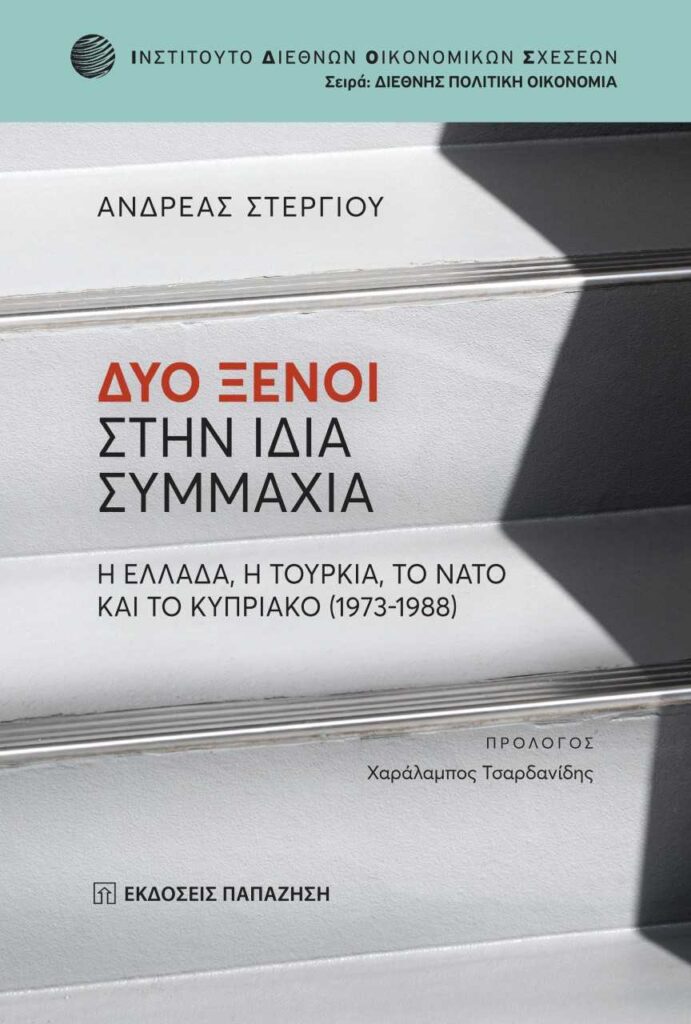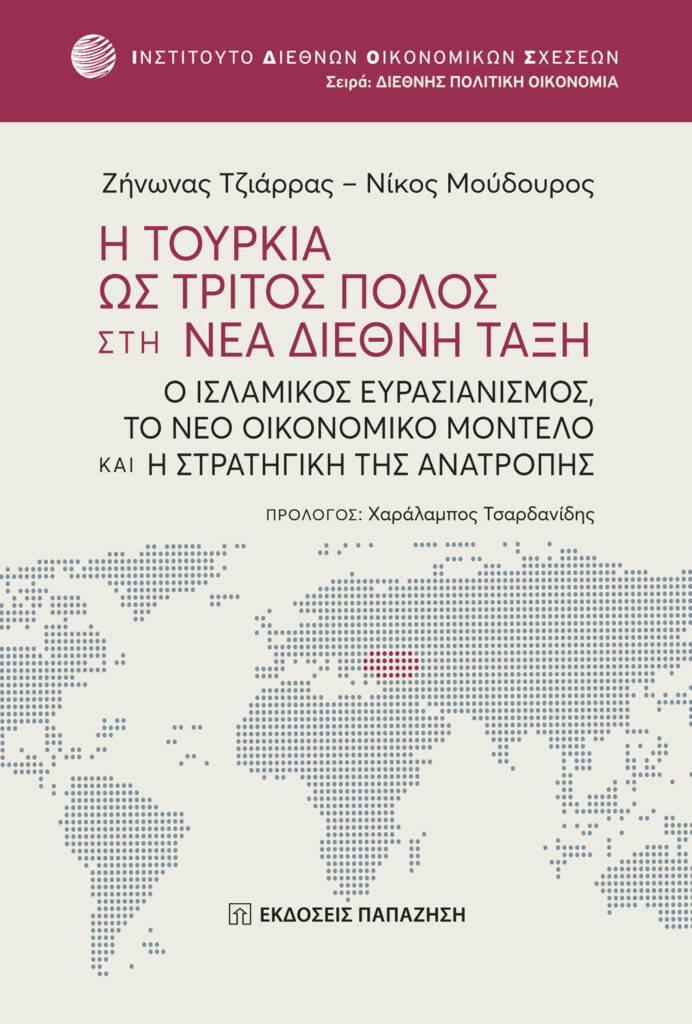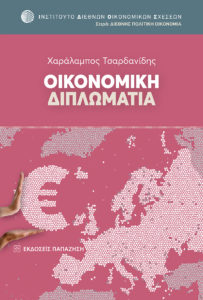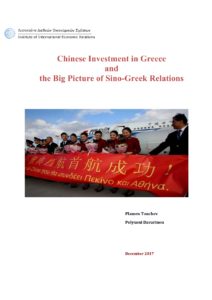Sino-Greek relations have been growing rapidly over the last decade. In the wake of the Olympic Games hosted by Athens in 2004 and Beijing in 2008, but above all since the COSCO investment in the Piraeus sea port the two countries have come a long way from initial contacts to developing a close economic and political relationship. This is the view of the Greek Consortium for Chinese Studies, which brings together the Institute of International Economic Relations (IIER), the Institute of International Relations (IIR) of the Panteion University, the Hellenic Foundation for European and Foreign Policy (ELIAMEP), the Political Science and International Relations Department of the University of the Peloponnese, and the Department of Mediterranean Studies of the University of the Aegean.
The two countries have been coming closer together despite the economic slump in Greece and notwithstanding some challenges in relation to the COSCO investment in Piraeus. These difficulties have not discouraged China which remains fully committed to developinig its relationship with Greece. Beijing’s One Belt One Road (OBOR) vision is also a major factor to be reckoned with, as Piraeus is one of the key hubs on trade routes between China and Europe.
How is Athens contributing to making the best of the vast potential of Sino-Greek relations? Despite some persistent issues with regard to the Piraeus project, particular attention has been paid to co-operation between Greek shipping businesses and Chinese shipyards, even if Greece as a whole could have benefited to a larger extent from this significant sector of the economy. Growing numbers of Chinese visitors to Greece are yet another encouraging sign of an ever-closer partnership. On the flip side, prospects of boosting Greek exports to China remain limited, despite the fact that the latter has the second largest economy worldwide with a gigantic $6 trillion GDP.
The upcoming visit of Greek Prime Minister Alexis Tsipras coincides with the tenth anniversary of the 2006 Joint Communiqué between the People’s Republic of China and the Republic of Greece on the Establishment of a Comprehensive Strategic Partnership. This could well herald the start of a new phase in Sino-Greek relations, one that would help maximise mutual benefits. The Consortium for Chinese Studies highlights the following steps worth considering:
- Confirming the role of Greece as a strategically important hub on the Maritime Silk Road (MSR) between East Asia and Europe, through the promotion of high-quality logistics services and intermodal transport, upon the speedy completion of the Piraeus port authority privatisation deal.
- Re-confirming the potential of Greece with a view to foreign investment, with the development of strong links between Chinese and Greek enterprises. It is noted that at present a number of competitive local businesses in Greece lack the size to link up to Chinese partners.
- Systematic support to be provided to Greek businesses interested in entering the Chinese market. However, this should be pursued on the basis of a comprehensive long-term strategy and not as one-off attempts, which has largely been the case so far. Growing domestic demand, in conjunction with Greece’s positive image in China, could play a significant part in the promotion of Greek exports. Notably, at present China is the destination of a meagre 2 percent of Greek exports.
- Further facilitating the flow of Chinese tourists to Greece through easier access, as China’s outward tourism has been rapidly growing.
- Devising a full-fledged strategy for co-operation between Greek and Chinese cultural and research/academic institutions.












